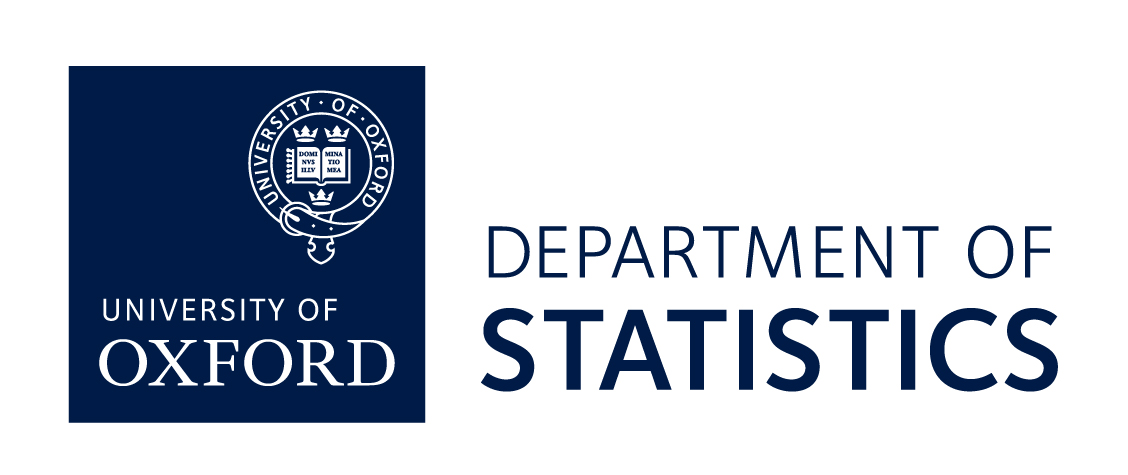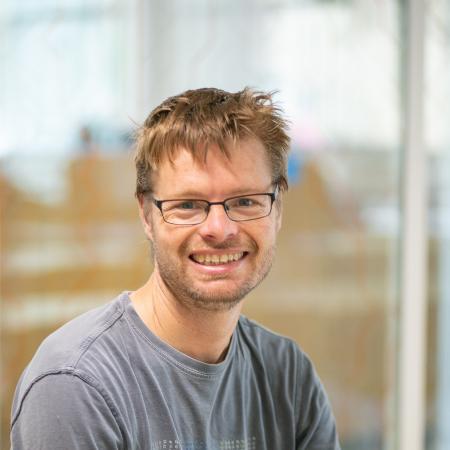Breadcrumb
Professor Simon Myers
Professor of Mathematical Genomics
Research Interests
My group’s research interests focus on the area of population genetics, specifically the use of stochastic models to understand patterns of variation in samples drawn from a population. Work is also ongoing on methods to map disease genes in admixed populations, and methods for fine-mapping association signals. I spend part of my time in the Department of Statistics, and part of my time at the Wellcome Trust Centre for Human Genetics (WTCHG).
For a number of years I have worked on studying patterns of recombination in different species, currently including humans, chimpanzees and mice, and this continues to be a strong theme of the group. I developed methods to detect such hotspots from genetic data, based on using the coalescent with recombination as a model for the population genealogy. The key achievements of this work have been in demonstrating that recombination occurs very unevenly throughout the human genome, with most recombination occurring in narrow hotspots in both sexes, and that most hotspots have a short lifespan and are not shared with chimpanzee. In the last three years, this work has further led directly on to the identification of the first sequence motifs that are associated with hotspot activity in humans, evidence that these same motifs mark sites of recurrent disease-causing genomic rearrangements in humans, and the identification of a gene, PRDM9, binding one of these motifs. Currently, my group is actively continuing this research, using both population genetics based and experimental approaches.
I am also working, in collaboration with researchers at the Broad Institute of MIT and Harvard as well as Oxford, on developing methods for association mapping of disease genes and for fine-mapping casual variants in ethnically diverse disease cohorts and in admixed populations. I am a member of the analysis groups of the Wellcome Trust Case-Control consortium (WTCCC+) and the 1000 genomes project. Finally, I am interested in developing and applying approaches to identify and characterise ancient admixture in populations of humans and other species, using modern genome-wide genetic variation data.
Publications
Contact Details
College affiliation: St John's College
Office number: 2.09



